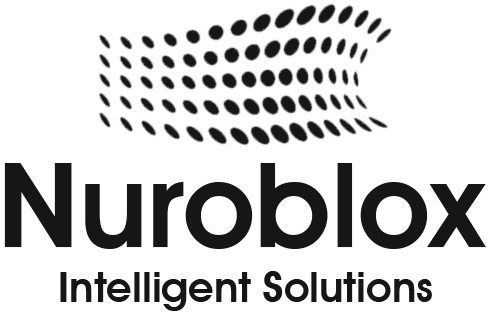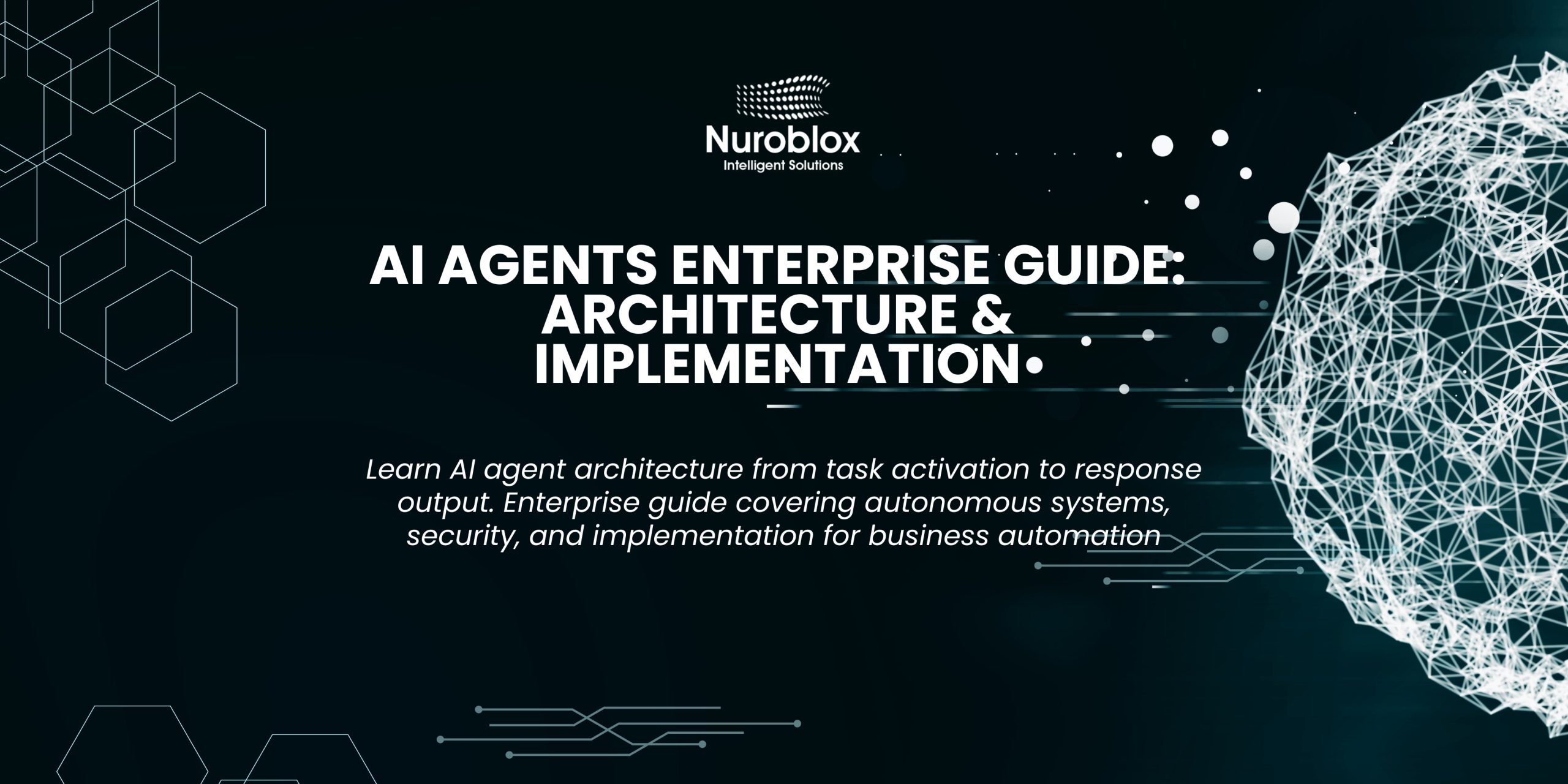AI Agents Enterprise Guide: Architecture & Implementation
The landscape of enterprise automation is undergoing a profound transformation with the emergence of AI Agents. A sophisticated system that combines artificial intelligence with autonomous decision-making capabilities. Unlike traditional automation tools that merely execute predefined workflows, AI agents possess the intelligence to perceive, reason, plan, and act independently, fundamentally changing how businesses operate in the digital age.
Understanding AI Agents – The Foundation of Intelligent Automation
AI agents are autonomous software programs that can interact with their environment, collect data, and use that information to perform self-directed tasks that meet predetermined goals. These systems operate through a continuous cycle of sensing, analyzing, deciding, and acting capabilities that mirror human cognitive processes while operating at machine speed and scale.
At their core, AI agents possess several defining characteristics that distinguish them from conventional automation solutions. They demonstrate autonomy by acting without constant human input, making decisions based on past data and current conditions. Their goal-driven nature enables them to optimize for defined objectives while adapting their strategies when situations change. Perhaps most importantly, they exhibit perceptive abilities, gathering information from various sources including sensors, APIs, and data streams to inform their decision-making processes.
The AI Agent Architecture – A Deep Dive into System Components
Following the comprehensive workflow illustrated in the architectural diagram, AI agents operate through a sophisticated multi-layered system that enables seamless task execution from activation to completion.

Task Activation – The Starting Point
The journey begins with Task Activation, where AI agents receive instructions or detect environmental triggers that initiate their operational cycle. This activation can occur through direct user commands, scheduled events, or real-time system alerts. Modern agents employ advanced natural language processing capabilities to interpret complex instructions and translate them into actionable objectives.
Goal Interpretation – Understanding Intent
Once activated, agents enter the Goal Interpretation phase, where they analyze the objective type and contextual input to determine the most appropriate course of action. This component leverages sophisticated reasoning algorithms, including chain-of-thought processing and tree of thoughts exploration, to break down complex goals into manageable sub-tasks. The goal interpretation system considers multiple factors including available resources, time constraints, and success criteria to formulate an optimal execution strategy.
Execution Logic – The Decision Engine
AI agents achieve their power through Service Interaction capabilities, which enable them to interface with external systems, APIs, and databases. This component handles two critical functions – calling APIs or scripts to retrieve information and fetching relevant information to perform actions. Modern agents can dynamically discover and invoke appropriate API endpoints based on natural language descriptions, making them incredibly versatile in enterprise environments.
The service interaction layer implements sophisticated authentication mechanisms and security protocols to ensure safe access to enterprise systems. It supports both public and private network access, routing all traffic through secure virtual private cloud environments to maintain organizational security boundaries.
Data Handling – Processing and Security
Data Handling represents one of the most critical components of AI agent architecture, especially in enterprise deployments. This system manages data ingestion, processing, storage, and security across all agent operations. Enterprise-grade AI agents implement comprehensive data governance frameworks that include access controls, encryption, and compliance monitoring to protect sensitive information.
The data handling component addresses several key challenges including data privacy, regulatory compliance, and secure processing. According to recent research, 53% of organizations identify data privacy as their primary concern regarding AI agent implementation. Advanced data handling systems implement zero-trust architectures, ensuring that every data access request is verified and logged.
Response Output – Delivering Results
The Response Output component manages how agents communicate results and recommendations back to users or systems. This includes generating natural language responses, creating structured data outputs, and triggering downstream processes based on agent findings. Modern output systems support multimodal communication, enabling agents to respond through text, voice, visual displays, or direct system integration.
Activity Record – Ensuring Transparency and Compliance
The Activity Record system maintains comprehensive logs of all agent actions, decisions, and interactions. This component is essential for enterprise deployments, providing the transparency and auditability required for regulatory compliance and operational oversight. Activity trails record data sources consulted, tools used, API calls made, and decision pathways followed, creating a complete audit trail for every agent operation.
Modern activity recording systems implement timeline views that allow non-technical teams to understand agent decision-making processes. This transparency is crucial for building trust in AI systems and ensuring accountability in automated decision-making.
Types of AI Agents – From Simple to Sophisticated
Understanding the various types of AI agents helps organizations select the appropriate level of automation for their specific needs.
Simple Reflex Agents operate based on predefined condition-action rules, responding immediately to current inputs without considering history or future consequences. These agents excel in controlled, predictable environments where responses can be predetermined, such as basic notification systems or simple task triggers.
Model-Based Reflex Agents enhance simple reflex capabilities by maintaining an internal model of their environment, enabling them to handle partial observability and make more informed decisions. These agents can work effectively in dynamic environments where complete information may not always be available.
Goal-Based Agents represent a significant advancement in autonomous capability, possessing robust reasoning abilities that enable them to evaluate different approaches and select the most efficient path to achieve desired outcomes. These agents are particularly valuable for complex tasks requiring strategic planning and multi-step execution.
Utility-Based Agents employ sophisticated reasoning algorithms to maximize desired outcomes by comparing different scenarios and their respective benefits. These agents excel in environments requiring optimization across multiple criteria, such as resource allocation or risk management.
Learning Agents represent the most advanced category, capable of adapting and improving their performance through experience. These agents employ machine learning algorithms to continuously refine their strategies, making them ideal for dynamic environments where conditions change frequently.
The Future of Enterprise AI Agents
The evolution of AI agents continues to accelerate, with several key trends shaping their future development and deployment. Multi-agent orchestration is emerging as a powerful approach, enabling specialized agents to collaborate on complex workflows that require diverse expertise. These systems can coordinate activities across different domains, sharing information and resources to achieve common objectives.
Integration capabilities are expanding rapidly, with agents becoming more adept at working with existing enterprise systems and processes. Modern frameworks support seamless integration with popular enterprise applications, enabling agents to operate within established business workflows without requiring significant infrastructure changes.
The economic impact of AI agents is substantial, with McKinsey projecting that generative AI could add $2.6 to $4.4 trillion annually to the global economy. This growth is driven by agents’ ability to automate complex processes that were previously beyond the reach of traditional automation tools.
Nuroblox – Leading the Enterprise AI Agent Revolution
As organizations navigate the complex landscape of AI agent deployment, platforms like Nuroblox are positioned to lead the transformation toward secure, scalable enterprise automation. Nuroblox’s commitment to privacy-first, security-by-design principles aligns perfectly with enterprise requirements for responsible AI deployment.
The platform’s approach to agentic systems that learn, adapt, and execute with precision while remaining fully governed, auditable, and compliant addresses the core challenges organizations face when implementing AI agents at scale. By providing autonomous digital agents that can think, learn, and act within secure enterprise environments, Nuroblox enables organizations to harness the transformative power of AI agents while maintaining the highest standards of security and compliance.
Conclusion – Embracing the Intelligent Future
Organizations that embrace AI agents today with proper attention to security, compliance, and governance will be positioned to realize significant competitive advantages through enhanced efficiency, improved decision-making, and scalable automation capabilities. The future belongs to enterprises that can successfully integrate human intelligence with artificial agents, creating hybrid systems that amplify human capabilities while automating routine tasks.
The journey toward intelligent automation through AI agents is not just about technology adoption; it’s about reimagining how work gets done in the digital age. With platforms like Nuroblox leading the way in secure, enterprise-ready AI agent solutions, organizations can confidently embark on this transformation, knowing they have the tools and frameworks necessary to succeed in an increasingly automated world.



